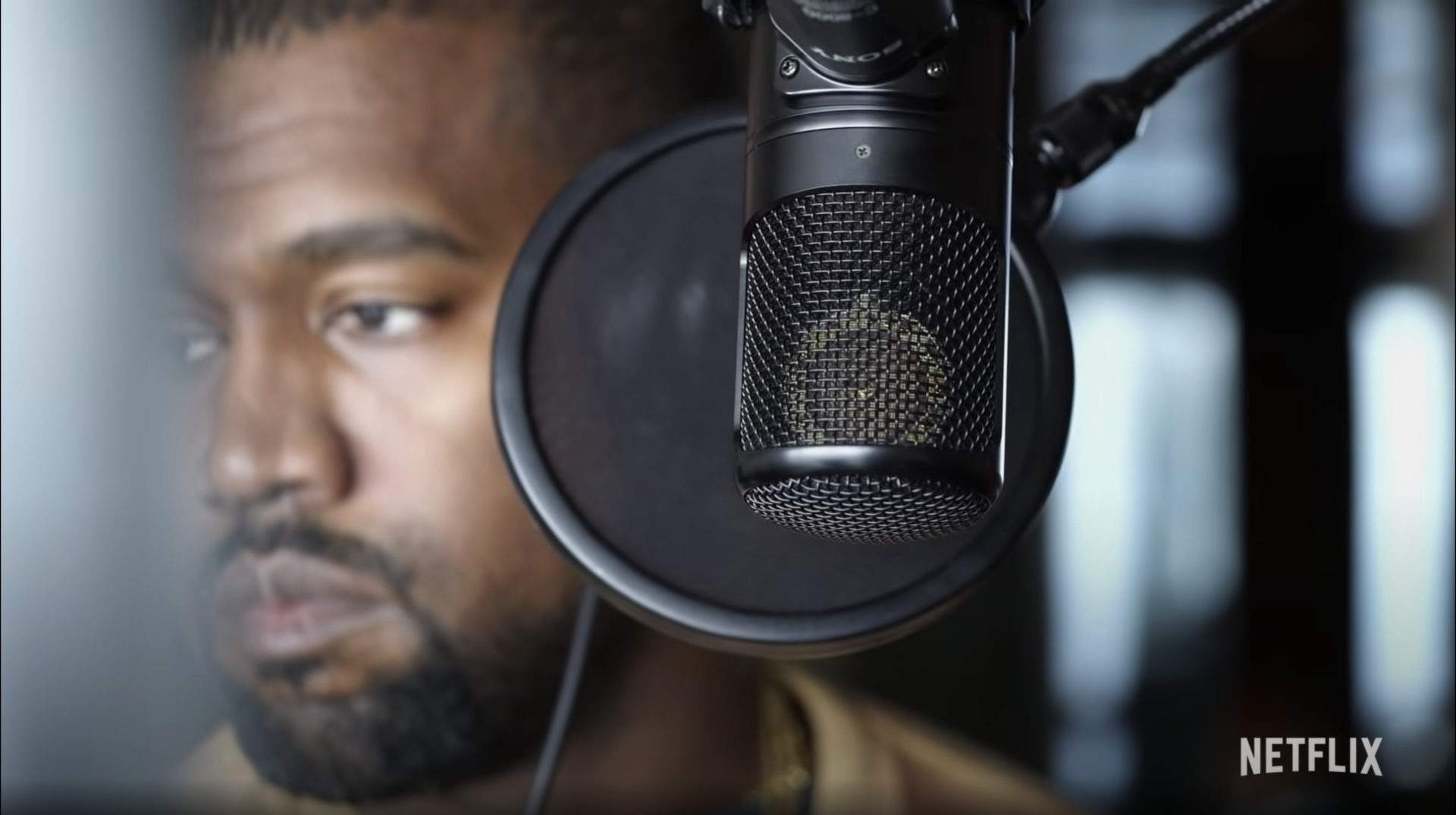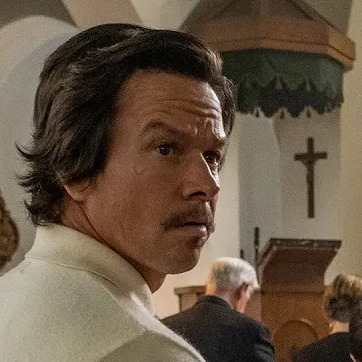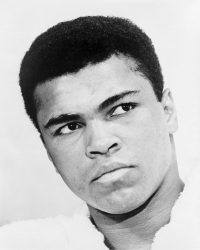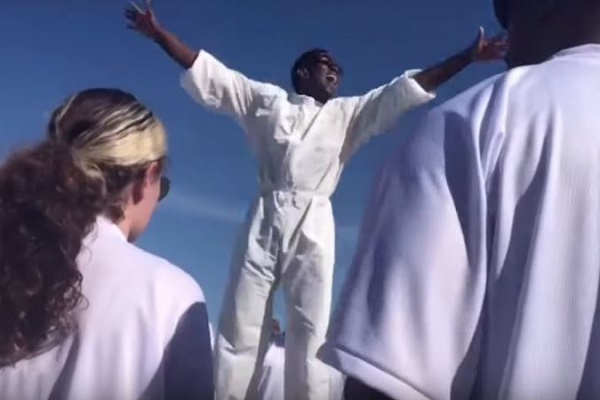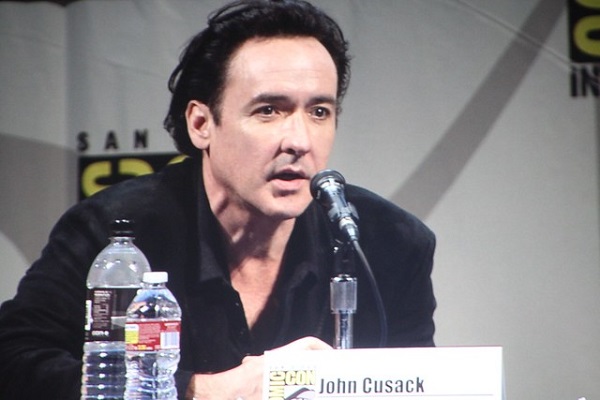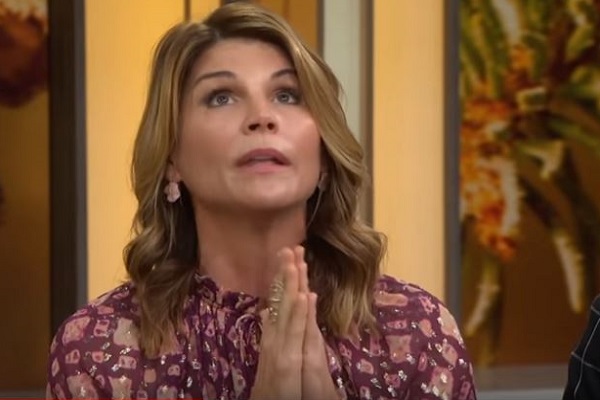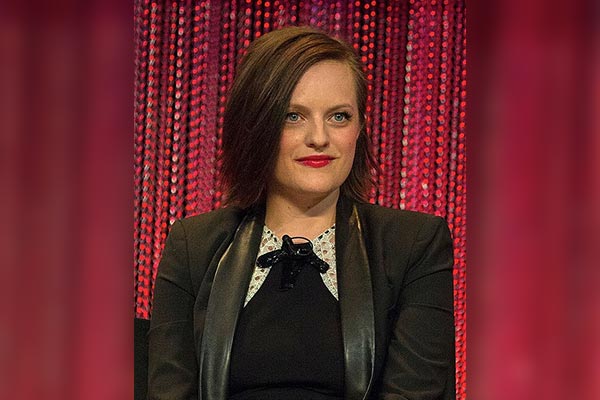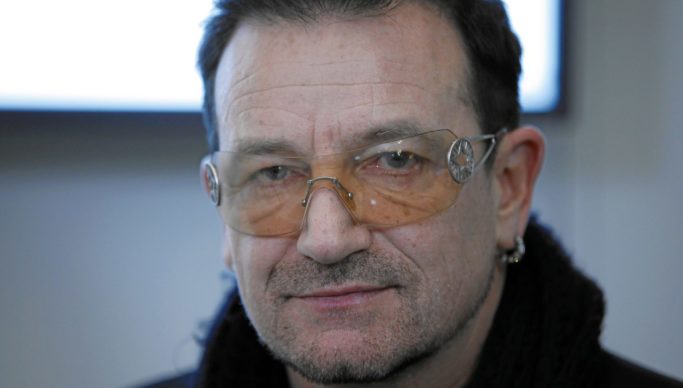
Bono—One Of “The People of the Open Hand”
- By Tami Lang --
- 09 Mar 2023 --
We are the people we’ve been waiting for
Out of the ruins of hate and war
Army of lovers never seen before
We are the people we’ve been waiting for
We are the people of the open hand —Martin Garrix, performed by Bono and The Edge from U2
Early in his career, lead singer of U2, Bono, announced to his manager that, out of devotion to the Shalom Christian Community, he, along with two other members of the band, was quitting. The manager retorted, “Well, maybe next time you might ask God if it’s okay for your representative on Earth to break a legal contract?” It was decided that the Almighty may indeed not approve of sundering Earthly law, particularly lucrative music contracts.
Bono, to the benefit of us all, has violated neither his Earthly nor heavenly contracts. A devout Christian as well as a rock icon, Bono has never let ambition or music engagements supersede his humanitarian activities. He says, “God is much more interested in who you are than who you want to be.”
And what Bono is is a man of faith and philanthropy. In addition to his nearly two dozen Grammy awards for his musicianship, he has been recognized again and again for his humanitarian contributions. These include the Portuguese Order of Liberty, Time magazine’s Person of the Year (shared with Bill and Melinda Gates), NAACP Chairman’s Award, the Philadelphia Liberty Medal, the Man of Peace prize (awarded by Nobel Peace Prize laureates—Bono was himself thrice nominated for the Nobel Peace Prize), and the J. William Fulbright Prize for International Understanding.
Bono actively contributes to no less than 43 charities advocating two-and-a-half dozen causes, including poverty, human rights, AIDs, at-risk youth, hunger, abuse, slavery and human trafficking, homelessness, disaster relief and civil rights—just to mention a very, very few. His performances on behalf of human rights and social justice—Band Aid, Live Aid, the Conspiracy of Hope tour and others—are legendary.
Small wonder that Bob Dylan once commented, “Spending time with Bono was like eating dinner on a train—feels like you’re moving, going somewhere.”
Always on the move, always out on the front lines where help is needed, Bono is guided by his faith, which he regards as neither static nor polite. “You’ve gotta be very careful that grace and politeness do not merge into a banality of behavior, where we’re just nice, sort of ‘death by cupcake,’” he says. “Politeness is, you know, is a wonderful thing. Manners are in fact, [a] really important thing. But remember, Jesus didn’t have many manners as we now know.”
To illustrate the point, he cites the ninth chapter of the Gospel of Luke wherein Jesus told a man not to wait and bury his father, but to immediately follow Jesus. (Luke 9:59-60) “We’ve gotta be a bit more cutting edge…[and] look to the actions.”
Bono once described the act of putting a song together: “It’s faith, actually. You’re jumping from one place to another. You don’t know how you’re gonna get there. And in music that’s how we live. You know—you’re finding those notes.”
Bono has had ample opportunity to find those notes—both in music and in life—for all of us.








